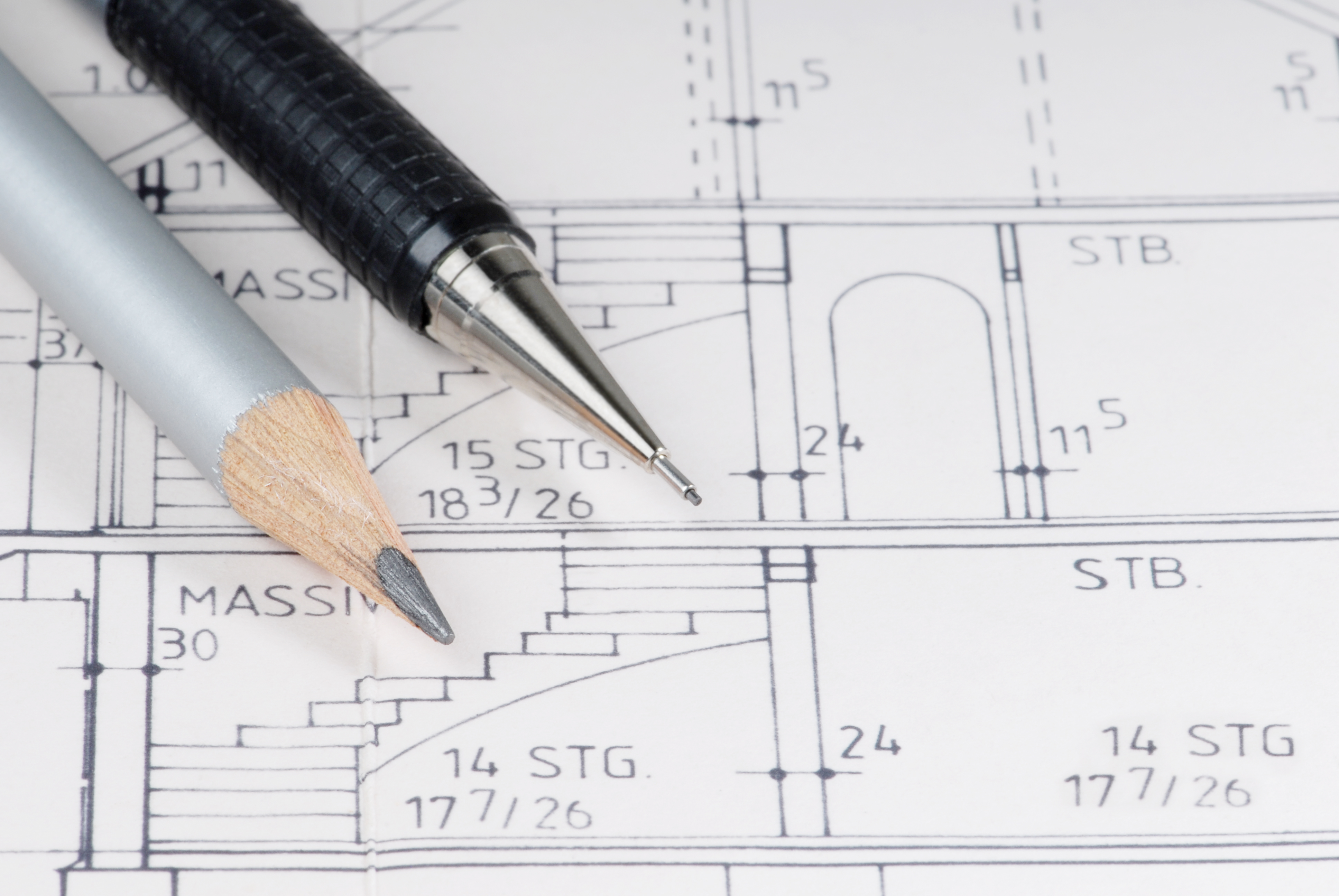Design economics
Contents |
[edit] Introduction
Design economics refers to design solutions that have been influenced by a range of principles that balance economic factors. The process of evaluating design economics may, for example, include incorporating the social and environmental consequences of the design undertaking as well as the consideration of the resources that are practical and available.
[edit] General considerations
During a presentation entitled, Design Economics, Dr Martin Tuli of Loughborough University states there are three aspects to the creation of parameters that incorporate design economics:
- Identifying how changes in parameters of a building will have an impact on its cost.
- Recognising that many elements influence the cost of a building.
- Prompting architects to design for the client in a manner that fulfils the values and requirements of the client.
When combined with cost planning, design economics is a core competency of design and specification. It covers the impact of design and other factors on costs throughout the entire building process - including cost plans that are required during the pre-contract stage.
Cost plans are generally prepared by cost consultants (often quantity surveyors). They evolve through the life of the project, and develop in detail and accuracy as more information becomes available about the nature of the design.
[edit] Design economics and cost planning
Design economics and cost planning is treated as one area of the optional Assessment of Professional Competencies (APC) for professionals who wish to pursue the building surveying APC.
APCs verify the qualifications and professionalism of candidates who wish to become chartered surveyors. These qualifications are necessary in order for professionals to become members of the Royal Institution of Chartered Surveyors (RICS).
[edit] Related articles on Designing Buildings
- Cost plans for construction projects.
- Design.
- Design life.
- How to become a quantity surveyor.
- Life cycle in the built environment.
- Quantity surveyor.
- Royal Institution of Chartered Surveyors.
- Utilising life cycle costing and life cycle assessment.
- Whole life costs.
[edit] External resources
- Dr Martin Tuli, Design Economics.
Featured articles and news
Apprenticeships and the responsibility we share
Perspectives from the CIOB President as National Apprentice Week comes to a close.
The first line of defence against rain, wind and snow.
Building Safety recap January, 2026
What we missed at the end of last year, and at the start of this...
National Apprenticeship Week 2026, 9-15 Feb
Shining a light on the positive impacts for businesses, their apprentices and the wider economy alike.
Applications and benefits of acoustic flooring
From commercial to retail.
From solid to sprung and ribbed to raised.
Strengthening industry collaboration in Hong Kong
Hong Kong Institute of Construction and The Chartered Institute of Building sign Memorandum of Understanding.
A detailed description from the experts at Cornish Lime.
IHBC planning for growth with corporate plan development
Grow with the Institute by volunteering and CP25 consultation.
Connecting ambition and action for designers and specifiers.
Electrical skills gap deepens as apprenticeship starts fall despite surging demand says ECA.
Built environment bodies deepen joint action on EDI
B.E.Inclusive initiative agree next phase of joint equity, diversity and inclusion (EDI) action plan.
Recognising culture as key to sustainable economic growth
Creative UK Provocation paper: Culture as Growth Infrastructure.
Futurebuild and UK Construction Week London Unite
Creating the UK’s Built Environment Super Event and over 25 other key partnerships.
Welsh and Scottish 2026 elections
Manifestos for the built environment for upcoming same May day elections.
Advancing BIM education with a competency framework
“We don’t need people who can just draw in 3D. We need people who can think in data.”























